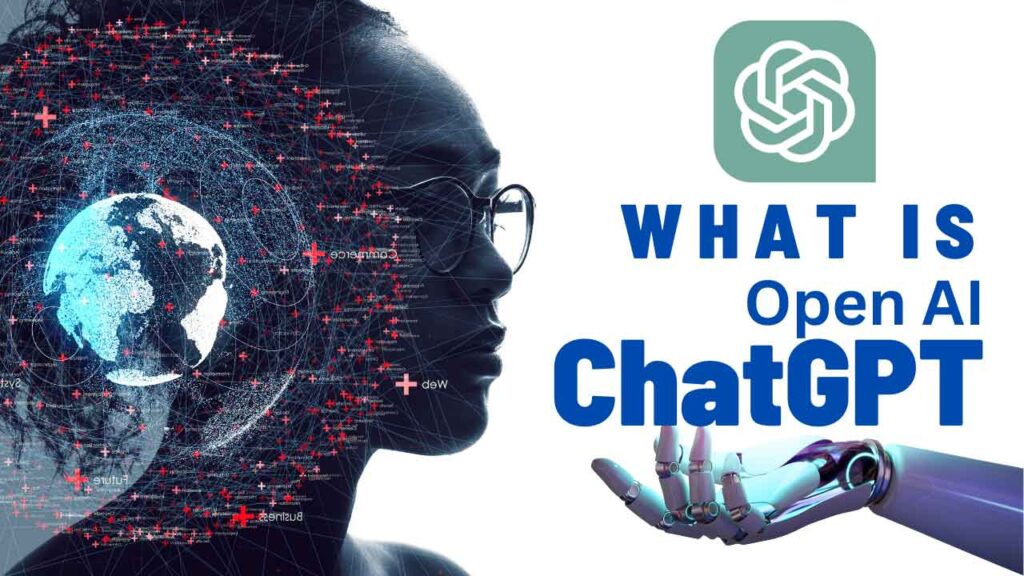ChatGPT: The AI Language Model Changing the Way We Communicate

Artificial Intelligence (AI) has revolutionized the way we live, work, and communicate. Among the many AI technologies available, Chatbots have gained popularity due to their ability to engage with users, handle routine tasks, and provide 24/7 customer service. One such Chatbot is ChatGPT, a large language model developed by OpenAI. In this article, we will explore ChatGPT and how it is changing the way we communicate.
What is ChatGPT?
ChatGPT is a language model developed by OpenAI, a leading AI research company co-founded by Elon Musk. Language models are AI systems that can understand and generate human language, including text and speech. ChatGPT is built on the GPT-3 architecture, which stands for “Generative Pre-trained Transformer 3.” GPT-3 is one of the most powerful language models available today, with 175 billion parameters, enabling it to perform a wide range of natural language processing (NLP) tasks, including language translation, text completion, and conversation.
How does ChatGPT work?
ChatGPT uses a machine learning approach called unsupervised learning, which means that it is trained on large amounts of data without being explicitly told what to look for. This training process allows ChatGPT to learn the patterns and relationships in human language and generate responses that are contextually relevant and grammatically correct.
When a user interacts with ChatGPT, the model uses its language understanding capabilities to analyze the input and generate a response. This process involves several stages, including:
Tokenization: The input text is broken down into individual words, or tokens.
Encoding: The tokens are converted into numerical representations that the model can understand.
Contextualization: The model uses the encoded tokens to understand the context of the input and generate a response.
Decoding: The response is generated by converting the numerical representation back into human language.
ChatGPT can handle a wide range of inputs, from simple questions and commands to complex conversations and debates. Its ability to understand the context and generate natural language responses makes it a valuable tool for businesses, researchers, and individuals looking to automate their communication processes.
What are the applications of ChatGPT?
ChatGPT has a wide range of applications, including:
Customer Service: ChatGPT can be used to provide 24/7 customer support, handling routine queries and complaints.
Content Creation: ChatGPT can generate high-quality content, such as articles, essays, and stories, based on a given topic or prompt.
Language Translation: ChatGPT can translate text from one language to another, making it a valuable tool for businesses operating in multiple countries.
Personal Assistant: ChatGPT can assist users with everyday tasks, such as scheduling appointments, making reservations, and setting reminders.
Research: ChatGPT can be used by researchers to analyze large amounts of text data and generate insights.
ChatGPT has already been adopted by several businesses and organizations, including Microsoft, Intel, and IBM, among others.
What are the benefits of ChatGPT?
ChatGPT offers several benefits, including:
Improved Efficiency: ChatGPT can handle routine tasks, such as customer support and data analysis, freeing up human resources to focus on more complex and strategic activities.
Cost Savings: ChatGPT can reduce labor costs by automating repetitive tasks, such as data entry and customer support.
24/7 Availability: ChatGPT can operate 24/7, providing customers with immediate assistance and reducing response times.
Scalability: ChatGPT can handle large volumes of data and requests simultaneously, making it highly scalable and suitable for businesses of all sizes.
Improved User Experience: ChatGPT can provide personalized and engaging interactions with users, improving the overall user experience and customer satisfaction.
Faster Response Times: ChatGPT can generate responses in real-time, reducing the time it takes to resolve customer queries and complaints.
Increased Productivity: ChatGPT can handle multiple tasks simultaneously, increasing productivity and efficiency.
What are the challenges of ChatGPT?
While ChatGPT offers several benefits, it also faces some challenges, including:
Bias: ChatGPT is trained on large amounts of data, which may contain biases and prejudices. This can lead to biased responses and perpetuate discrimination and inequality.
Lack of Emotional Intelligence: ChatGPT lacks emotional intelligence, which can make it difficult to handle complex emotions and interactions.
Limited Contextual Understanding: ChatGPT may struggle to understand the context of certain inputs, leading to irrelevant or incorrect responses.
Privacy Concerns: ChatGPT handles large amounts of personal data, raising concerns about data privacy and security.
How can these challenges be addressed?
To address these challenges, researchers and developers are working on several solutions, including:
Data Diversity: To reduce bias in ChatGPT, researchers are focusing on improving the diversity of training data, including data from underrepresented groups.
Emotional Intelligence: Researchers are developing emotional intelligence models that can be integrated with ChatGPT, allowing it to understand and respond to complex emotions.
Contextual Understanding: Developers are working on improving ChatGPT’s ability to understand the context of inputs, using techniques such as natural language understanding and sentiment analysis.
Data Privacy: To address privacy concerns, developers are implementing robust data protection measures, such as encryption and anonymization.





